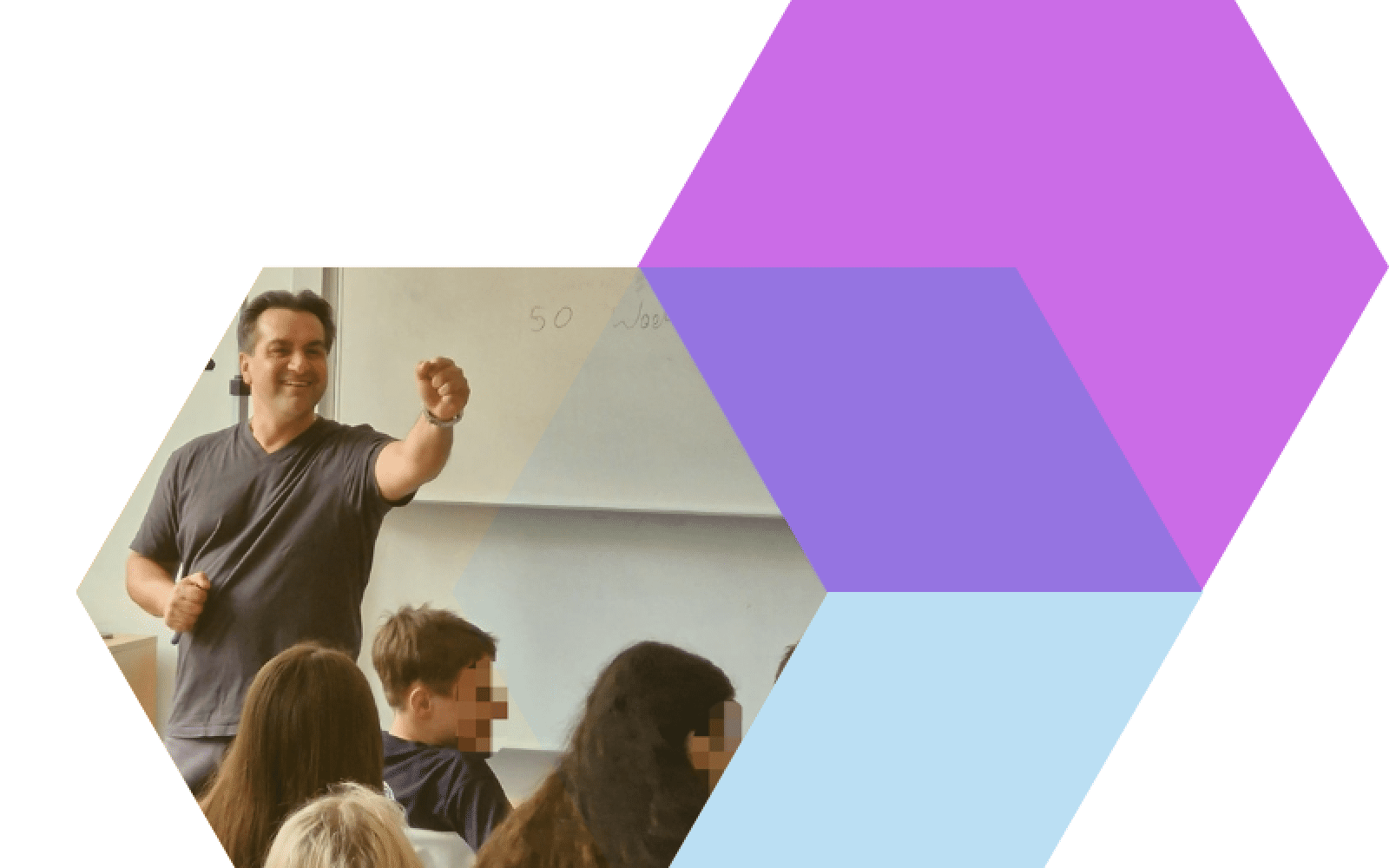We need to seize the teachable moment. Learning sticks if it is based in the now; if it is relevant; if we are present; if it resonates emotionally and anticipates needs because it is rooted in context. The ‘teachable moment’ of the current pandemic is to shine a light on our current practice and, more fundamentally, the aspirations we have for our children and young people to be able to thrive in an uncertain future and also play a role in shaping it.
As a group of UK Ashoka Changemaker Schools we spent this Summer reflecting on emerging practice that is meeting this need; and also on who we need to ‘be’ and ‘become’ as Changemaker Educators in order to lead this practice in our own schools and beyond. This is a deliberately diverse network that has intentionally built trust to enable new ways of working. Ecological diversity helps natural ecosystems thrive; so too educational diversity.
The thinking and practice of this network is shaping a wider conversation. This started at the ACMS Summit on 17th November panel: The Case for Changemaker Education which introduced a YouGov poll commissioned by the Edge Foundation that shows there is a clear appetite for Changemaking from teachers and parents in the UK.
The question then is, what does Changemaker Education look like in practice and how might it meet this need? Some key themes are already emerging from practice:
Changemaker Education is about anticipating and responding to the real needs of young people by putting these at the heart of school culture and practice. Roz Wilson of Millfields Community Primary insisted on retaining her Student Council sessions through lockdown. Listening deeply and openly to her students, Roz heard their need for significance and contribution. When they suggested they raise money to support food banks and other local causes Roz facilitated this; standing back and allowing them to step into a self-organised space they had created and she had enabled through their whole school commitment as a Rights Respecting School. Students raised 3,000 pounds - and more than this, they demonstrated that Changemaking is about young people taking action to make their world a better place.
Changemaker Education is about creating high-trust environments that build connection, confidence and autonomy. Barrowford Primary School in Lancashire have rewritten the rulebook, literally, by scrapping rewards and sanctions so that students could build self-esteem intrinsically, through appreciation and acknowledgement rather than rules and rewards. They have a ‘relationships policy’ that reaffirms their commitment to self directed learning and building self-belief in children.
Changemaker Education intentionally builds empathy and advocacy skills in young people. The Junk Food cafe in Cadoxton Primary school in Barry, South Wales, has been inspired by the connection the children felt with the issue of food poverty - an issue close to home for many children. Changemaker teacher, Lucy Dungey explains:
Changemaker Education intentionally builds the agency of young people and opens up opportunities for them to make positive change. Sarah, a 17 year old from Sidcot School was one of several Changemaker facilitators trained by Sands School teacher, Sean Bellamy this Summer. Sarah facilitated a conversation for the Varkey Teacher Fellows to an audience of 4,000 last month. Changemaker educators open up their networks to bring transformative opportunities to young people.
Kurt Hahn, the founding father of UWC Atlantic, a UK Changemaker School, famously said: “There is more in us than we know if we could be made to see it perhaps, for the rest of our lives we will be unwilling to settle for less.” Changemaker Education embodies this aspiration to ‘see more’ as educators so we can meet the demands of young people to step into their power as Changemakers in ways that truly prepare them to rediscover certainty in these complex times.
